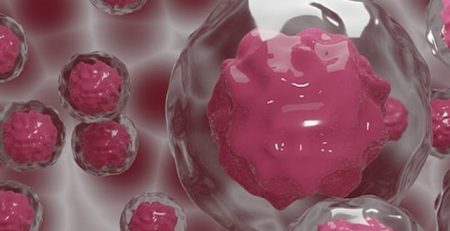Scientist prove lack of sleep affects ability to control emotions
We’ve all been there – sometimes you just stay up too late. Whether the cause was a night out with friends, binge watching TV, or getting sucked into the pages of a book, when that alarm clock goes off the next morning your groggy, irritable, and more or less just not yourself. Science proves you’re not alone. A study recently published in The Journal of Neuroscience shows that a lack of sleep may inhibit your ability to process and control your emotions.
In this small study, 18 participants were asked to perform the same task on two different days – once after they had had a good night’s and once after they had been awake for 24 hours. The volunteers were asked to memorize sets of numbers while being shown different images – some classified as disturbing, other neutral – while researchers monitored their brain activity with MRI and EEG scans. When performing the task while well rested, the participants showed strong activity in the amygdala (the part of the brain that processes emotion) when viewing the unpleasant images, but no emotional response to the neutral images. After a sleepless night, however, participants showed strong reactions to both sets of images, suggesting one’s amount of sleep directly affects their emotional reactions. The researchers also believe that not just sleep, but the quality of the sleep, may impact an individual’s emotional regulation, and that sleep deprivation may be linked to other issues, such as anxiety.














